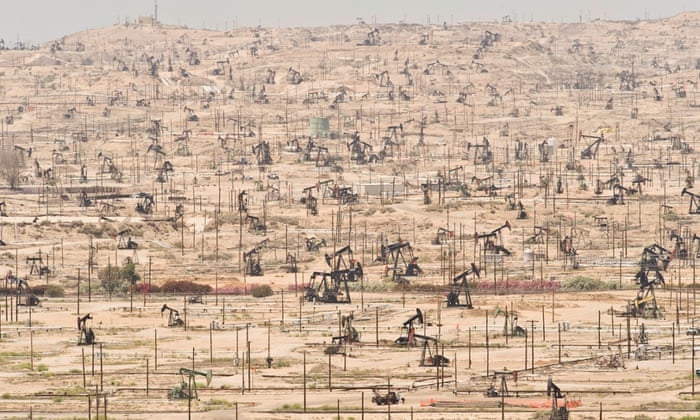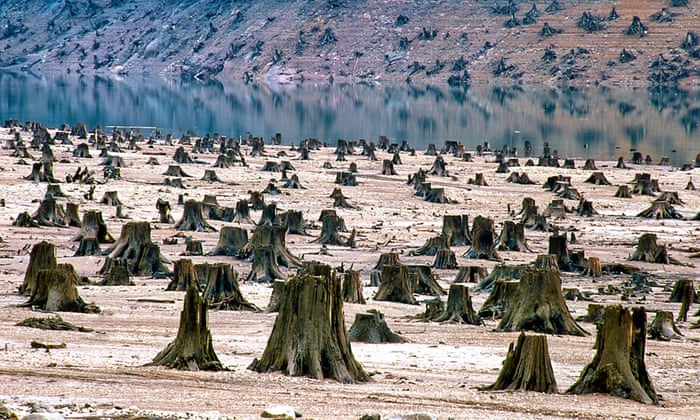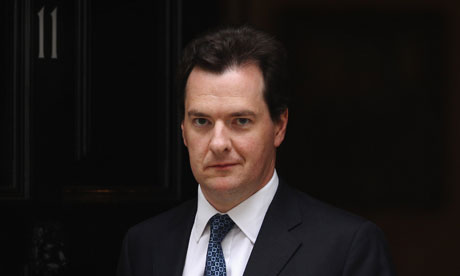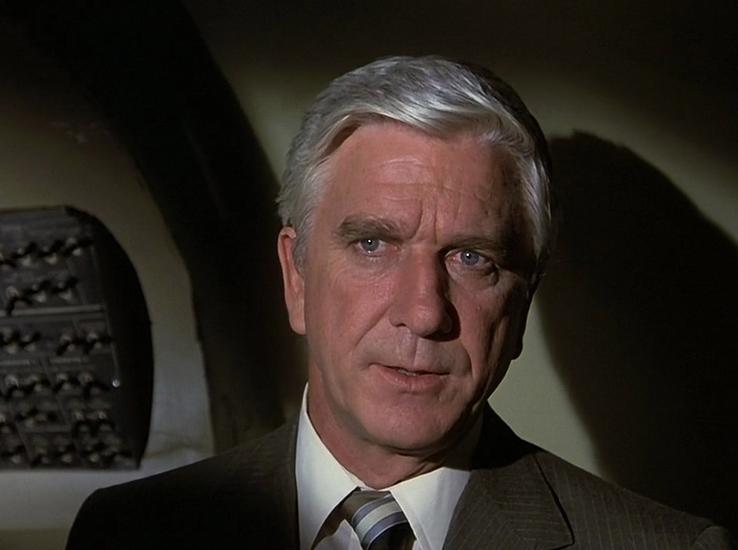It’s fair to say that is not how
I normally start my day...
This morning, at around 8.20am, I
was interviewed on BBC Radio Wales about my thoughts on the announcement of a
forthcoming play at a theatre in London about Jimmy Savile. You can listen
to the interview here – it starts at 02:22:20 and runs for about eight minutes.
Why did my day start like this?
 |
| Sean Benton, Cheryl James, Geoff Gray & James Collinson |
Well, a few years ago I wrote a
play called Deep Cut. It is a verbatim/documentary drama about the deaths of
four young Army recruits at Deepcut barracks in Surrey between 1995 and 2002
and, in particular, how the parents of Cheryl James, the only woman among the
four, have fought long and hard for answers and justice. Their fight continues
and if you want to know more about their story, you can head to their website. Because
I wrote Deep Cut – and it was perceived to be successful – it magically puts my
name on lists of people who can be approached for comment by radio shows etc
when something similar comes up.
The question that framed the discussion
between myself and the writer and critic Bonnie Greer was whether or not it was
“too soon” or simply insensitive to write and produce a play about Jimmy
Savile and his appalling crimes. For what Bonnie and I thought on this
subject, I direct you to the interview. But, as I hung up my skype connection
at the end of the interview, a deep and profound thought crossed my mind – and drove
me to write this blog.
It’s a thought that has been
burning through my brain in the last couple of weeks as the general election
campaign has finally kicked off and the candidates have been on the hustings.
It’s been on my mind as I read the news, or when I go for a walk, or when I
read a book, or try to work. In fact, it’s a thought so pervasive that it has
even taken over my dreams. Let me lead you into it because I’d be really
interested to know if anyone else is having the same thought that I am...
So, the interview finished –
Bonnie emphasising that theatre is a place to have important debates and that
British theatre is the best in the world – and I hung up my skype connection
and sat there in the afterglow of a raging adrenalin rush (I don’t normally
start my day in this way so my body was overcompensating just a tad...). And
here’s the first thought that went through my mind...
So what?
Don’t get me wrong. Let me be
clear – what Jimmy Savile did – his innumerable crimes – was absolutely reprehensible
and raises deep, important questions that need answers. But Savile is dead. His
victims are still suffering and trying to go on living their lives bearing the
wound of what he did to them – and a play won’t change that. Yes, theatre is a
place to examine it and, yes, it may give them a voice and bring some closure. Of course. I could hardly say otherwise having written a
play about Deepcut. But, ultimately... so what? Because the thought that won’t leave me
alone, that invades my dreams, that haunts me as I walk the streets with the
dogs – that thought is nowhere to be seen in the theatre. Or in television. Or
in film. Or in the political messages of the candidates who seek my vote. And
that thought is this...
Why is no-one talking about the
environment?
 |
| This is perfectly normal. Obviously. |
Not just talking about it –
shouting about it, screaming about it, raving about it... Why is no-one doing
that?
Why are we all so fucking calm?
 |
| Boring... I wonder what's on telly tonight... |
In the past two weeks, since the
launch of the election campaign, California has announced that its drought of the past five years has now reached such epidemic proportions that there is no snow on the Rocky Mountains to melt and replenish the reservoirs. California has no
more water and it’s far from alone. The Observer tells us that water is the next commodity we will be fighting over. Half of India’s rivers are polluted to the point of toxicity. Canada’s glaciers will shrink by 70% by the end of the century. We still don’t know why the bees are dying. The news is consistently
terrifying and utterly compelling and yet no-one seems to be making drama or art about
it and none of the politicians have it front and centre in their speeches – or anywhere
at all, come to that. And I have to ask myself – why the hell not?
In the past, whenever I’ve
discussed the notion of creating a piece of drama that centres around the
irrevocable damage we are doing to our planet, I am always met with the same
response. “People don’t want to hear it. Everyone is already stressed, they get
home at the end of the day and they want to be entertained – they don’t want
gloom and doom. It’s a turn off.”
 |
| Growth? |
Similarly, the politicians – with
perhaps the exception of the Green Party but you’d at least hope that they
would be talking about it – are shying away from the subject in order to place
all their focus onto the economy (and immigrants, of course, but that really
comes down to the economy again. “They come over here, taking our zero-hours jobs
that we don’t want...” etc).
Growth. It’s all about growth. We need to get back
into growth. The economy has grown again. It’s all going to be fine. If we just
get back into growth then we can pay off the deficit (that none of us were
actually responsible for creating) and then we can go back to living our lives
just the way we want, consuming and wasting resources as much as we want,
buying the latest Land Rover SUV despite the fact that we live in flat,
suburban areas, etc etc etc.
 |
| AAAAAAAAAAAGGGGHHHHHHHH!!!!!!!!!! |
But here’s the thing that the
world and the climate and the environment are trying to tell us, day in and day
out. The thing that we’re not listening to. The thing that keeps me awake at
night.
You can’t have infinite growth on
a finite planet.
I’m going to write that again... And this time I'm going to underline it...
You can’t have infinite growth on
a finite planet.
That’s it. Everything boils down
to that. Slice it whichever way you like. Do your sums again and again. There’s
just no way of getting around that one. The only resources we’re ever going to
have are right here, right now, and we’re burning through them like there’s no
tomorrow. And, if we keep on like this, there won’t be. Never mind the economic
deficit. What about the ecological deficit? We’ve been overdrawn at the bank of
the environment for decades now and the day of reckoning looks like it may well
be at hand...
 |
| Bugger... |
Too gloomy? Too apocalyptic? Too
soon? Sorry. I know. You lead very stressful lives. So do I. Busy, full,
stressful lives. We don’t want to hear this, do we? I know I don’t. I just want
it to all be okay and my choices not to matter and be able to buy anything I
want whenever I want and (here it comes...) eat a pasty and watch DVDs whenever
I want. But I can’t. Not anymore. Because it’s blindingly obvious what’s going
on and the less people talk about it and try and act as if everything is
normal, the more blindingly obvious it becomes.
 |
| Skin care in the dystopian future goes right to hell... |
The only representations of the
damage we are doing to the environment in drama seem to be through zombie films and TV
shows. Either that or they’re so bleak (cf: The Road) that you can barely bring yourself to
watch them.
And so we switch off, tune out and the inertia and the denial go on. And all the while our politicians are fiddling while Rome burns, hoping that we don’t notice that they don’t care...
And so we switch off, tune out and the inertia and the denial go on. And all the while our politicians are fiddling while Rome burns, hoping that we don’t notice that they don’t care...
So, yes, the theatre is the place
to examine the crimes of Jimmy Savile. I’m sure the play will be sensitive and
compelling. But surely, surely, the time is ripe to start making art as if the world mattered. Surely that should be more important right now. Surely we have
to start talking about it, owning it, accepting it, taking responsibility for
our choices. Surely we have to begin to discuss it in drama, in plays, film,
and television. Not in an apocalyptic way but in a mature, responsible way that
looks at our behaviour and questions the values upon which it is based. Surely
we can’t continue to keep our heads comfortable in the sand and just carry on. Surely,
if there is a debate to be had about anything, it should be this. The survival
of our race and the planet we call home. Surely.
“We're not listening, Phil. And stop calling
us Shirley...”
 |
| Shirley |
Now, I'm fully aware that you may disagree. You may argue that people are talking about it - you may argue that actually there's too much talk about it and that we all just need to be left alone to get on with our lives and everything will be just fine.
As I hear so often these days – business as usual is not an option. There is no Planet B. Sometimes in my darkest moments, I’m not even certain that making art that puts the environment and the wasteful way we live front and centre would make any difference to the inexorable direction we’re travelling. At times like this I feel completely lost and without a sense of direction. And it's important for me to honour this lostness and doubt as well as sharing my belief that art, activism, random acts of kindness and the art of living can make all the difference in the world. If I don't honour the lostness and doubt then phrases like 'positive visions of a sustainable future' become nothing more than Orwellian Newspeak.
As I hear so often these days – business as usual is not an option. There is no Planet B. Sometimes in my darkest moments, I’m not even certain that making art that puts the environment and the wasteful way we live front and centre would make any difference to the inexorable direction we’re travelling. At times like this I feel completely lost and without a sense of direction. And it's important for me to honour this lostness and doubt as well as sharing my belief that art, activism, random acts of kindness and the art of living can make all the difference in the world. If I don't honour the lostness and doubt then phrases like 'positive visions of a sustainable future' become nothing more than Orwellian Newspeak.
For me, that’s what Emergence is
all about. That’s why I, as an artist, am engaged with this project. I want to
make art like the world matters. Fern and I are constantly trying to figure out
neat, punchy ways of describing what it is Emergence does. The long answer is that we believe we need as a planet to practice “the art of living well within the ecological limits of a finite
planet”. The short answer is we are trying to find our way towards finding out what "the art of living" would look and feel like. It’s hard to hold
onto that in my darker days and in the face of the raging tide of denial that seems to surround us wherever we look. It would be so much easier
to go with the flow. But it just wouldn’t feel right. And so I carry on, because it's the only thing I can do…
Margaret Wheatley, quoting Thomas Merton writes "Do not depend on the hope of results…you may have to face the fact that your work will be apparently worthless and even achieve no result at all, if not perhaps the results opposite to what you expect. As you get used to this idea, you start more and more to concentrate not on the results, but on the value, the rightness, the truth of the work itself…You gradually struggle less and less for an idea and more and more for specific people…In the end it is the reality of personal relationship that saves everything."
I suspect she's right. But some days it's hard to feel it's enough...
A more upbeat blog next week. Promise. After all, there's nothing to worry about, is there? It's all going to be fine. It's all going to be just fine...
Margaret Wheatley, quoting Thomas Merton writes "Do not depend on the hope of results…you may have to face the fact that your work will be apparently worthless and even achieve no result at all, if not perhaps the results opposite to what you expect. As you get used to this idea, you start more and more to concentrate not on the results, but on the value, the rightness, the truth of the work itself…You gradually struggle less and less for an idea and more and more for specific people…In the end it is the reality of personal relationship that saves everything."
I suspect she's right. But some days it's hard to feel it's enough...
A more upbeat blog next week. Promise. After all, there's nothing to worry about, is there? It's all going to be fine. It's all going to be just fine...
Top comment, fella. Let's hope the noise we hear isn't just your echo.....
ReplyDeleteThe Road was so bleak that I did indeed have to turn it off after 10 minutes! Very thought provoking post, thanks Phil. I wrote a post a while back along similar lines but I guess with a slightly different slant - some ideas I'm still grappling with to be honest! https://annapigottgeog.wordpress.com/2014/09/07/dont-call-me-stupid-a-surprising-approach-to-the-climate-conundrum/ Would be interested to hear your thoughts
ReplyDeleteHi both - thanks for the comments. And thanks for sharing your post, Anna. Lots of issues raised there about the stories we tell ourselves and whether we should see what is happening as our failure or whether we need progress and modernity to help us move forwards. I guess my problem always boils down to values. As with the work of Joanna Macy, I believe we do actually need to grieve for what we have done to our world before we can figure out how best to move forwards. Otherwise all we end up doing is using our current value system - which arguably got us into this mess in the first place - to somehow get us out.
ReplyDeleteWhen it comes to the whole freedom and emancipation from nature thing, I guess the question I ask myself all the time is - and is that making us happy? I look around me and the evidence would suggest not.
A fundamental rethink is required but that needs us to stop, think, discuss, tell new and different stories - and to do that we have to accept that the story we are currently telling ourselves is the one that is causing the problems. For example, I spoke to a friend of mine who works in TV about getting characters on a very well known soap opera to recycle - she said it would make people turn off. But until our narratives include the changes we need to be talking about, why would we talk about them?
Lots and lots to discuss and chew on. Thanks again for taking the time to read and comment.
And another thing...
ReplyDelete:-)
If you haven't come across her already, I really recommend checking out the work and thinking of Margaret Wheatley who I quote in the blog. I'm doing a short course with her next week at Schumacher College and have seen her speak and read her work in the past. She discusses how the first thing we have to do is address ourselves to the fact that we're lost - and then we can figure out what to do. When people get lost in the wilderness etc, the first thing they do is deny it and trawl around for evidence that they're not lost and that they can carry on as they are. This resonates so strongly for me as the behaviour that leads us all to try and carry on as normal. We *feel* lost but don't want to accept we are...
Anyway, Meg is wonderful. Have a trawl through youtube or check out her work via http://margaretwheatley.com/
Totally agree about values! I think the emancipation from nature thing that Latour was getting at was that it was always 'the grand narrative' behind modernity, but of course is 'total bunk' (his words!) - not achievable or desirable! Right, off to trawl Margaret Wheatley's website :-)
ReplyDelete